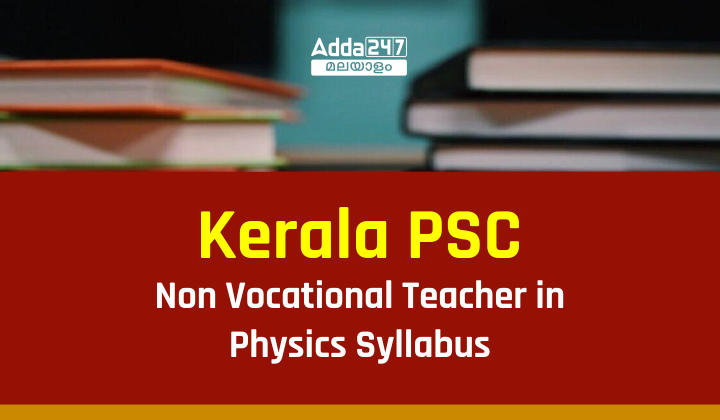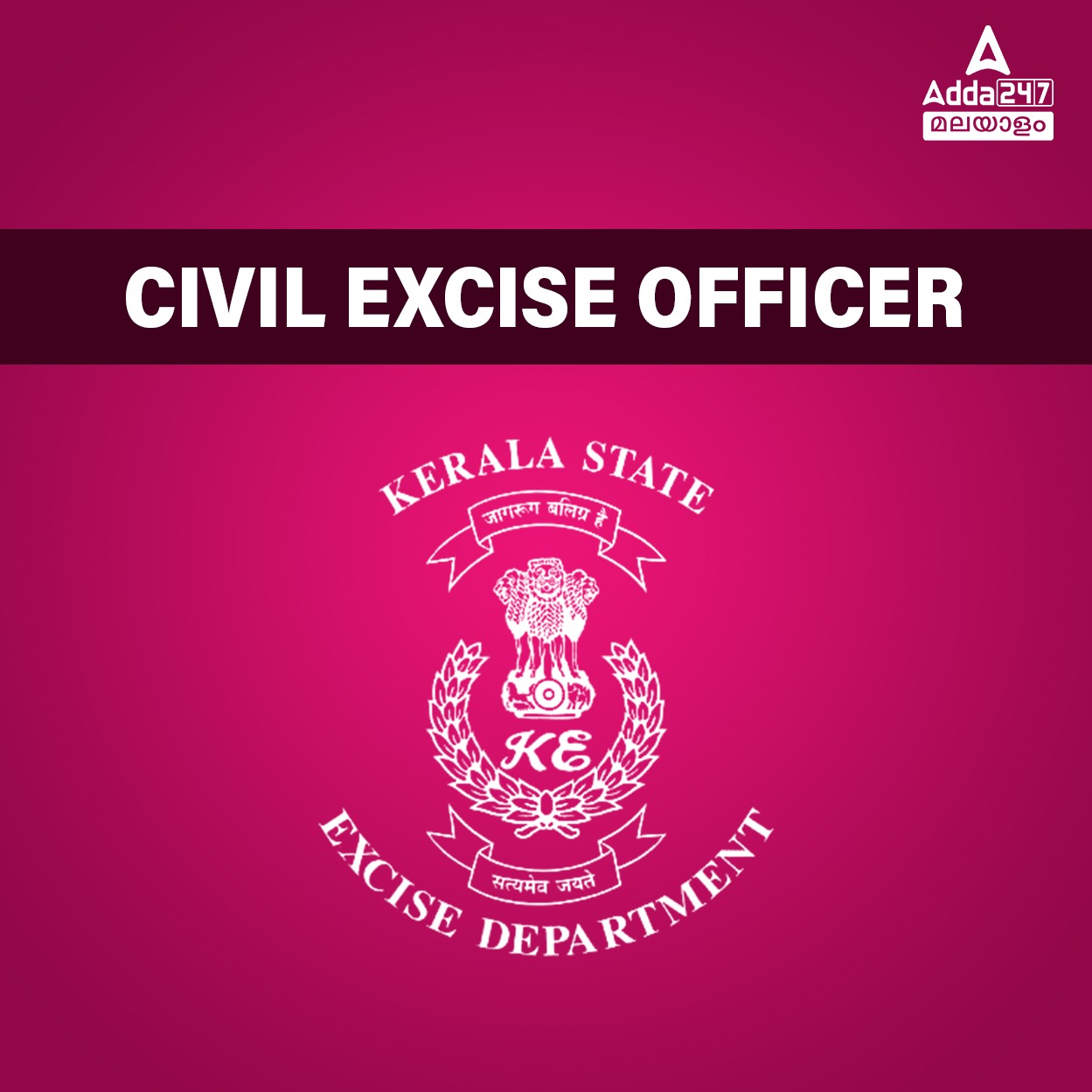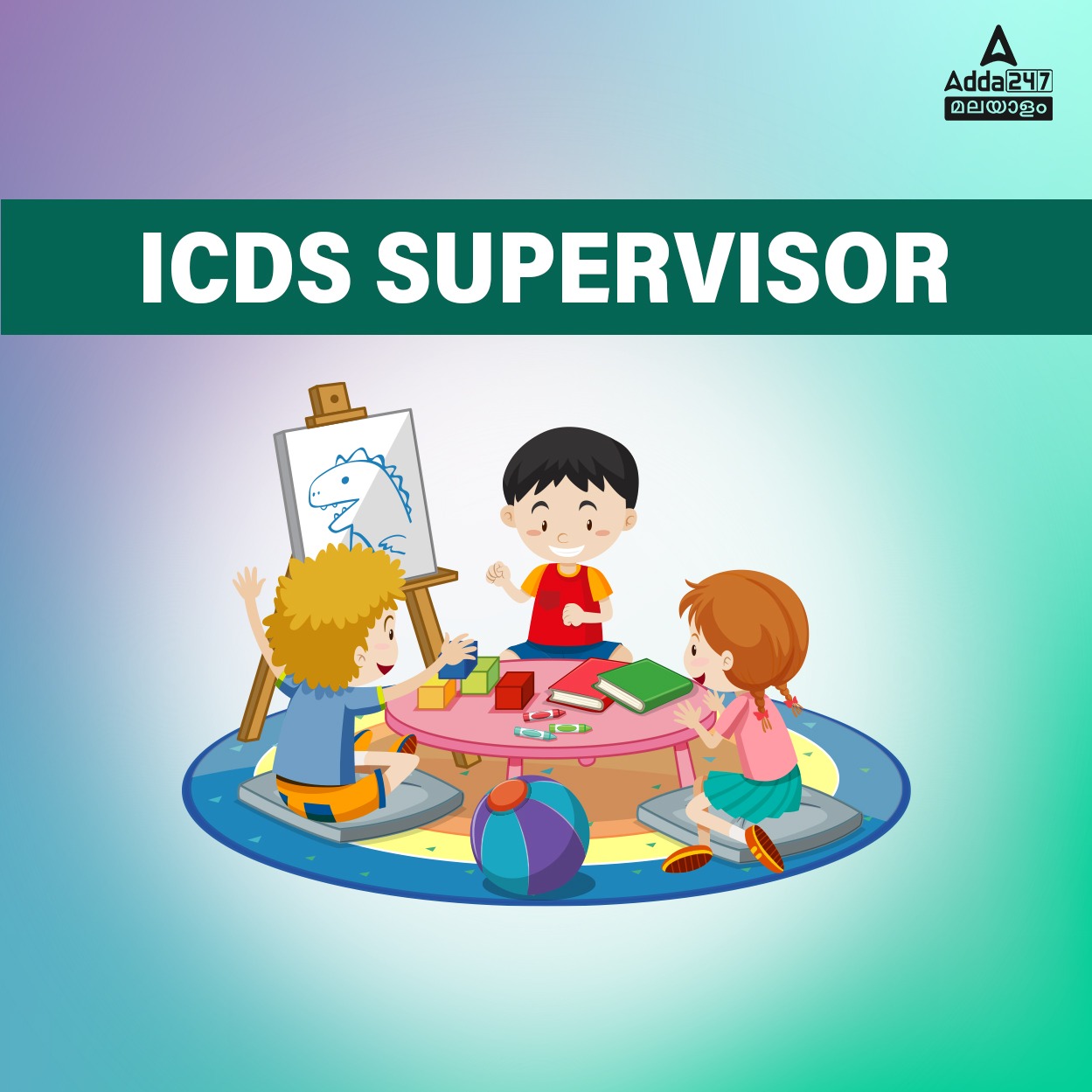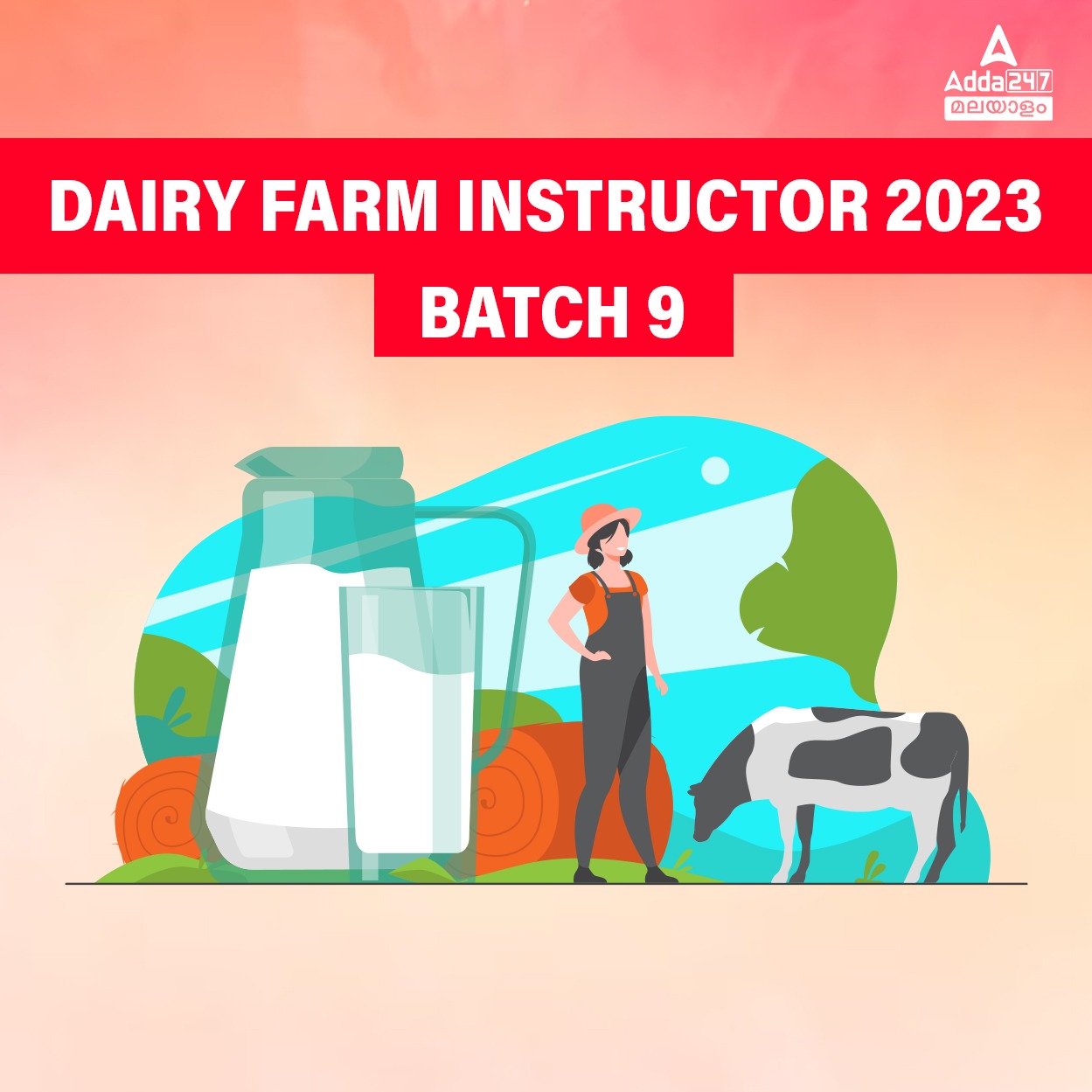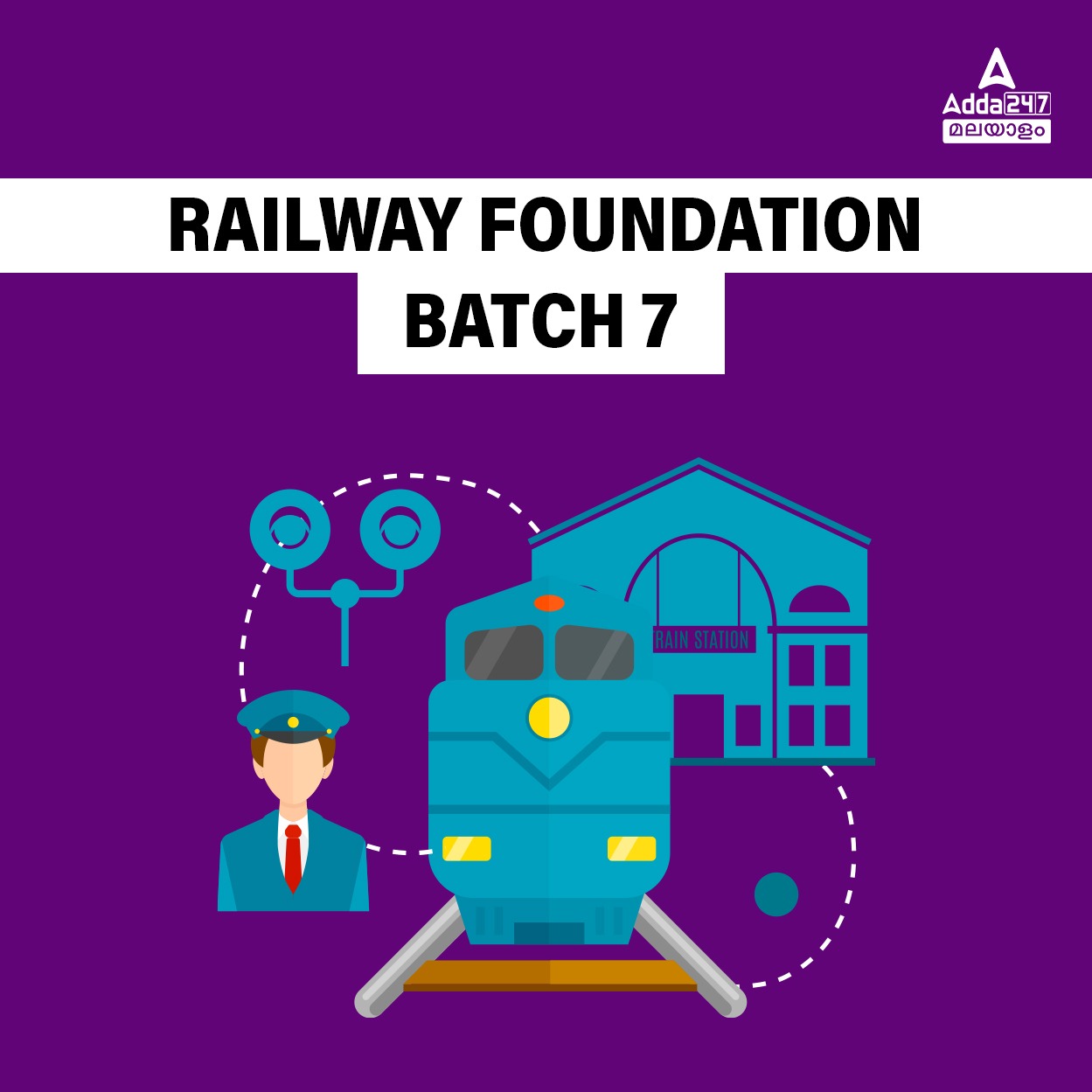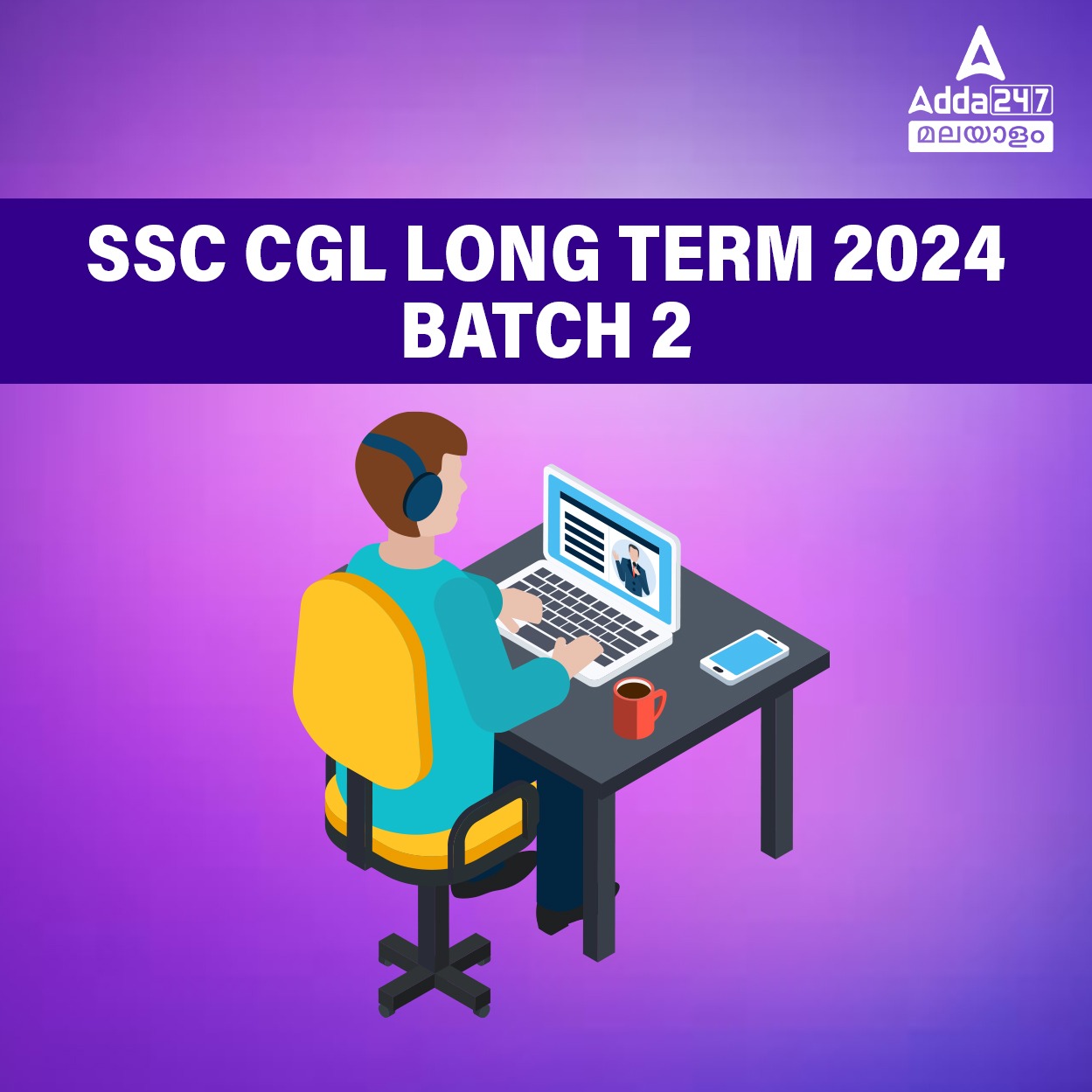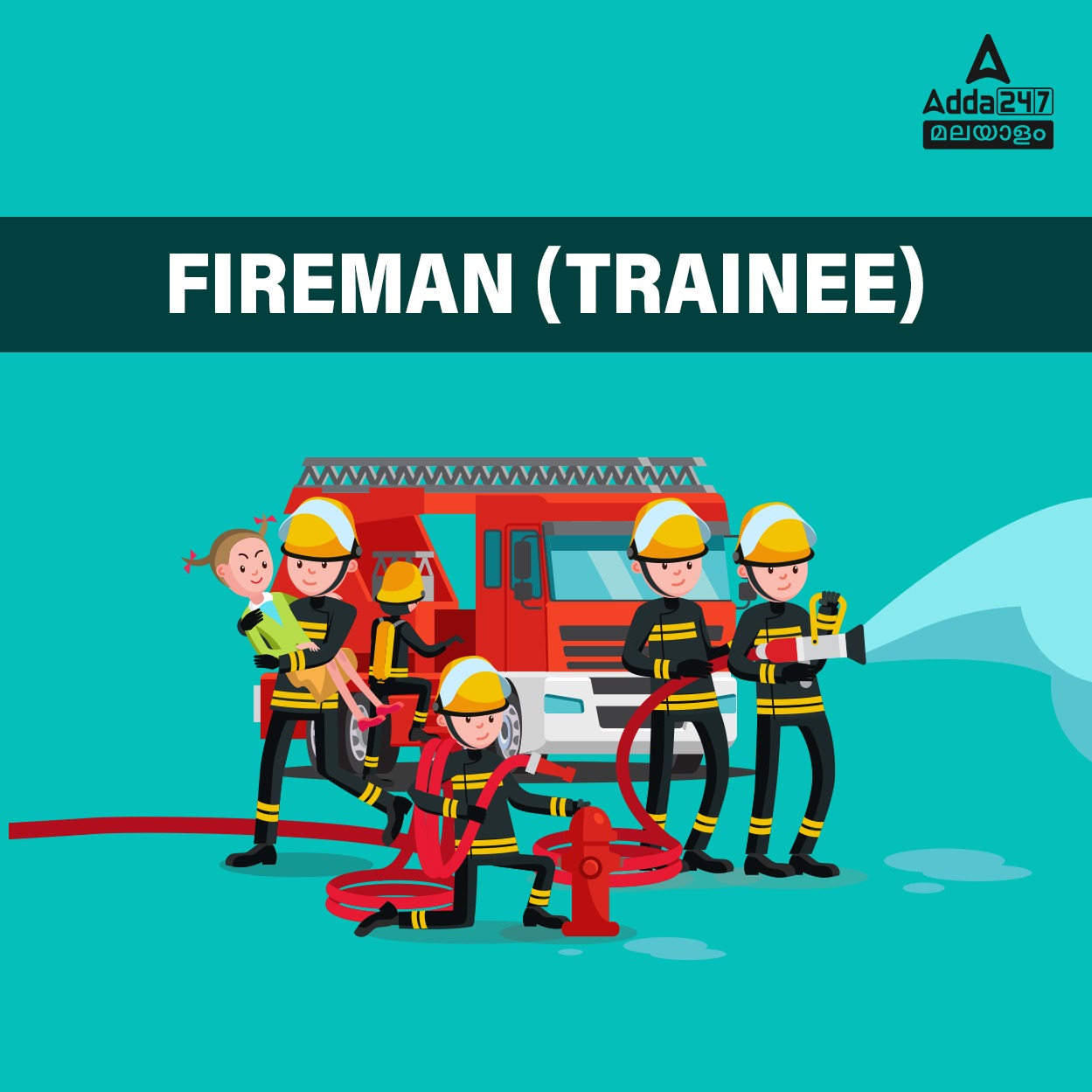Table of Contents
Kerala PSC Non Vocational Teacher Physics Syllabus 2023: Kerala Public Service Commission has published Kerala PSC Non Vocational Teacher Physics Syllabus on its official website. If you have applied for the post of Non Vocational Teacher in Physics and would like to know the detailed syllabus, then your search ends right here. In order to crack the exam, one needs to have a clear understanding of the syllabus, therefore read through Non Vocational Teacher Physics Syllabus to broaden your perspective. You can also download Non Vocational Teacher Physics PSC Syllabus in pdf format.
Kerala PSC Non Vocational Teacher Physics Syllabus
Kerala PSC Non Vocational Teacher Physics Syllabus: പരീക്ഷയ്ക്കുള്ള തയ്യാറെടുപ്പുകൾ ആരംഭിക്കാൻ സമയമായി. പരീക്ഷയിൽ വിജയിക്കുന്നതിന്, സിലബസിനെക്കുറിച്ച് വ്യക്തമായ ധാരണ ഉണ്ടായിരിക്കണം, അതിനാൽ കേരള PSC നോൺ വൊക്കേഷണൽ ടീച്ചർ ഫിസിക്സ് സിലബസ് 2023 വിശദമായി വായിച്ച് മനസിലാക്കുക. നിങ്ങൾക്ക് Non Vocational Teacher Physics Syllabus PDF രൂപത്തിൽ ഡൗൺലോഡ് ചെയ്യാവുന്നതാണ്.
Fill the Form and Get all The Latest Job Alerts – Click here
Non Vocational Teacher Physics PSC Syllabus: Overview
ചുവടെ നൽകിയിരിക്കുന്ന പട്ടികയിൽ Non Vocational Teacher Physics PSC Syllabus സംബന്ധമായ എല്ലാ പ്രധാനപ്പെട്ട വിവരങ്ങളും ലഭിക്കും.
| Non Vocational Teacher Physics PSC Syllabus | |
| Organization | Kerala Public Service Commission |
| Category | Exam Syllabus |
| Department | Kerala Vocation Higher Secondary Education |
| Name of the Post | Non Vocational Teacher in Physics |
| Category No. | 576/2022, 577/2022, 587/2022 |
| Last Date to Submit Confirmation | 23rd March to 11th April 2023 |
| Mode of Examination | ONLINE/ OMR |
| Medium of Questions | English |
| Total Marks | 100 |
| Duration of Examination | 1 Hour 30 Minutes |
| Official Website | www.keralapsc.gov.in |
Non Vocational Teacher Physics Junior Syllabus
| Non Vocational Teacher Physics Junior Syllabus | ||
| Parts | Topics | Marks |
| Part I | PHYSICS | 70 Marks |
| Part II | RESEARCH METHODOLOGY/TEACHING APTITUDE | 10 Marks |
| Part III | SALIENT FEATURES OF INDIAN CONSTITUTION, RENAISSANCE IN KERALA | 10 Marks |
| Part IV | GENERAL KNOWLEDGE AND CURRENT AFFAIRS | 10 Marks |
Non Vocational Teacher Physics Syllabus PDF Download
Non Vocational Teacher Physics Syllabus PDF ഡൗൺലോഡ് ചെയ്യാൻ, താഴെ നൽകിയിരിക്കുന്ന ലിങ്കിൽ ക്ലിക്ക് ചെയ്യുക.
Non Vocational Teacher Physics Syllabus PDF Download
Kerala PSC Non Vocational Teacher Physics Syllabus 2023
PART I -PHYSICS
1- Classical Mechanics (7 Marks)
- Constraints and Generalized coordinates, D’ Alemberts principle and Lagrange’s equation, Velocity dependent potentials, Hamilton’s Principle, Lagrange’s equation from Hamilton’s Principle, Kepler problem, Hamilton-Jacobi equation, Hamilton‟s principal and characteristic function, H-J equation for the linear harmonic oscillator, Euler angles, Centrifugal and Coriolis forces, Nonlinear oscillations, Limit cycles, Chaos – Logistic map.
2- Mathematical methods and group theory (7 Marks)
- Properties of Fourier series, Fourier integral, Fourier transform, Gamma function, Beta function, Delta function, Bessel functions of the first and second kinds, Neumann function, Spherical Bessel function, Legendre polynomials, Generating function, Recurrence relation, Rodrigues formula, Orthogonality, Associated Legendre polynomials, Spherical harmonics, Hermite polynomials, Laguerre polynomials, Cauchy-Reimann conditions, Cauchy’s integral theorem and integral formula, Laurent expansion, Singularities, Calculus of residues and applications.
3- Electronics and Microprocessor ( 7 +7= 14 Marks )
- (a) Electronics (7 Marks)
Biasing of Field effect Transister (FET), FET as VVR and its applications, Photodetectors – Light dependent resistor- photodiode, p-n junction solar cells, Basic operational amplifier characteristics, differential amplifier, OPAMP parameters, OPAMP as inverter, Analog integration and differentiation, Electronic analog computation, Active low pass filter, High pass Butterworth filters, Band pass filter, OPAMP based astable and monostable multivibrators, Schmidt trigger. Amplitude modulation and demodulation circuits, Comparison of signal to noise ratios, Pulse code modulation, Communications receivers, FM transmitters, VHF/UHF systems, Microwave systems , Satellite communications. - (b) Microprocessor (7 Marks)
Organization of microcomputers, microprocessor as CPU, Addition, Subtraction of two 8 bit & 16 bit numbers, Organization and internal architecture of the Intel 8085,Timings of Intel 8085, Data transfer schemes of Intel 8085, Applications of Microprocessors, Analog to Digital converter, Clock for A/D conversion, Sample and Hold circuit, Analog multiplexer and Overview of 8051 microcontroller.
4- Quantum Mechanics (7 Marks)
- Vector spaces, The Hilbert space, Operators and its properties, Angular momentum operators, Matrix representation of angular momentum operators, Pauli spin matrices, Orbital angular momentum, differential and total cross section, optical theorem, Harmonic perturbation, Interaction of an atom with
the electromagnetic field, Induced emission and absorption, An harmonic oscillator, stark and Zeeman effects in hydrogen, Hole theory, The Weyl equation. The Klein-Gordon equation, Charge and current densities.
5- Statistical mechanics (7 Marks)
- The entropy of mixing and Gibbs paradox – Phase space of a classical system – Liouville‟s theorem and its consequences, Equipartition theorem – Virial theorem – The density matrix, Thermodynamic behaviour of an ideal Bose gas, Thermodynamic behaviour of an ideal Fermi gas- Magnetic behaviour of an ideal Fermi Gas : (1) Pauli paramagnetism, (2) Landau diamagnetism.
6- Nuclear and particle Physics (7 Marks)
- Nuclear size, shape, mass and binding energy, semi empirical mass formula Characteristics of nuclear forces, s p i n -orbit potential, electric quadruple moments, parity violation in beta decay, internal conversion. Conservation laws and symmetries, Quark model, The eightfold way, quantum chromodynamics and gluons. , Fick‟s law and its validity, Shell structure and magic numbers, Single crystal and Powder diffraction, Scherrer equation, Debye-Scherrer Camera, Applications of XRD.
7-Solid State Physics (7 Marks)
- Miller indices, Reciprocal lattice, Brillouin zones, Einstein and Debye models of specific heat, Nearly free electron model and formation of energy bands, Bloch functions, Kronig Penny model, Dielectric constant, Local Electric field, Ferroelectric domain, Antiferroelectricity, Piezoelectricity, Langevin‟s
theory of diamagnetism, Weiss theory of ferromagnetism, Neel Model of Anti-ferromagnetism, Type I and Type II superconductors, energy gap Isotope effect, London equation, Cooper pairs, High Tc Superconductors, Cuprates.
8-Atomic and molecular Spectroscopy (7 Marks)
- The spectrum of non rigid rotator, Born –Oppenheimer approximation, Normal modes and vibration of H2O and CO2, Rotational Raman Spectrum of Symmetric top molecules, stimulated Raman effect and Inverse Raman Effect. Vibrational Analysis of band systems, Deslander‟s table, Interaction of nuclear
spin and magnetic field, Larmour precession, Mossbauer Spectroscopy, Resonance fluroscence of γ-rays.
9- Lasers and Fibre Optics (7 Marks)
- Einstein coefficients, Line-broadening mechanisms, Q-Switching, Mode locking, Four level solid state lasers, CO2 lasers, Dye lasers, Semiconductor lasers, Spatial frequency filtering and holography, Second Harmonic Generation. Acceptance angle of Optical Fibre, Numerical aperture of optical fibre, Step-index fibers, Graded index fibers. Attenuation in optical fibers, Absorption losses, Leaky modes, Radiation induced losses, Inherent defect losses.
PART II: RESEARCH METHODOLOGY/TEACHING APTITUDE
I. TEACHING APTITUDE (5 Marks)
- Teaching: Nature, objectives, characteristics and basic requirements;
- Learner’s characteristics;
- Factors affecting teaching;
- Methods of teaching;
- Teaching aids;
- Evaluation systems.
II. RESEARCH APTITUDE (5 Marks)
- Research: Meaning, Characteristics and types;
- Steps of research;
- Methods of research;
- Research Ethics;
- Paper, article, workshop, seminar, conference and symposium;
- Thesis writing: its characteristics and format.
PART III: SALIENT FEATURES OF INDIAN CONSTITUTION, RENAISSANCE IN KERALA(10 Marks)
Salient Features of Indian Constitution
- Salient features of the Constitution – Preamble- Its significance and its place in the interpretation of the Constitution.
- Fundamental Rights – Directive Principles of State Policy – Relation between Fundamental Rights and Directive Principles – Fundamental Duties.
- Executive – Legislature – Judiciary – Both at Union and State Level. – Other Constitutional Authorities.
- Centre-State Relations – Legislative – Administrative and Financial.
- Services under the Union and the States.
- Emergency Provisions.
- Amendment Provisions of the Constitution.
Social Welfare Legislations and Programmes
- Social Service Legislations like Right to Information Act, Prevention of atrocities against Women & Children, Food Security Act, Environmental Acts etc. and Social Welfare Programmes like Employment Guarantee Programme, Organ and Blood Donation etc.
RENAISSANCE IN KERALA
Towards A New Society
Introduction to English education – various missionary organisations and their functioningfounding of educational institutions, factories.printing press – CMS Press etc.
Efforts To Reform The Society
(A) Socio-Religious reform Movements
SNDP Yogam, Nair Service Society, Yogakshema Sabha, Sadhu Jana Paripalana Sangham, Vaala Samudaya Parishkarani Sabha, Samathwa Samajam, Islam Dharma Paripalana Sangham, Prathyaksha Raksha Daiva Sabha, Sahodara Prasthanam etc.
(B) Struggles and Social Revolts
Upper cloth revolts.Channar agitation, Vaikom Sathyagraha, Guruvayoor Sathyagraha, Paliyam Sathyagraha. Kuttamkulam Sathyagraha, Temple Entry Proclamation, Temple Entry Act .Malyalee Memorial, Ezhava Memorial etc.
Malabar riots, Civil Disobedience Movement, Abstention movement etc.
Role Of Press In Renaissance
Malayalee, Swadeshabhimani, Vivekodayam, Mithavadi, Swaraj, Malayala Manorama, Bhashaposhini, Mathnubhoomi, Kerala Kaumudi, Samadarsi, Kesari, AI-Ameen, Prabhatham, Yukthivadi, Deepika – Nasrani Deepika, etc
Awakening Through Literature
Novel, Drama, Poetry, Purogamana Sahithya Prasthanam, Nataka Prashtanam, Library movement etc
Women And Social Change
Parvathi Nenmenimangalam, Arya Pallam, A V Kuttimalu Amma, Lalitha Prabhu.Akkamma Cheriyan, Anna Chandi, Lalithambika Antharjanam and others
Leaders Of Renaissance
Thycaud Ayya Vaikundar, Sree Narayana Guru, Ayyan Kali.Chattampi Swamikal, Brahmananda Sivayogi, Vagbhadananda, Poikayil Yohannan(Kumara Guru) Dr Palpu, Palakkunnath Abraham Malpan, Mampuram Thangal, Sahodaran Ayyappan, Pandit K P Karuppan, Pampadi John Joseph, Mannathu Padmanabhan, V T Bhattathirippad, Vakkom Abdul Khadar Maulavi, Makthi Thangal, Blessed Elias Kuriakose Chaavra, Barrister G P Pillai, TK Madhavan, Moorkoth Kumaran, C. Krishnan, K P Kesava Menon, Dr.Ayyathan Gopalan, C V Kunjuraman, Kuroor Neelakantan Namboothiripad, Velukkutty Arayan, K P Vellon, P K Chathan Master,
K Kelappan, P. Krishna Pillai, A K Gopalan, T R Krishnaswami Iyer, C Kesavan. Swami Ananda Theerthan , M C Joseph, Kuttippuzha Krishnapillai and others
Literary Figures
Kodungallur Kunhikkuttan Thampuran, KeralaVarma Valiyakoyi Thampuran, Kandathil Varghese Mappila. Kumaran Asan, Vallathol Narayana Menon, Ulloor S Parameswara Iyer, G Sankara Kurup, Changampuzha Krishna Pillai, Chandu Menon, Vaikom Muhammad Basheer. Kesav Dev, Thakazhi Sivasankara Pillai, Ponkunnam Varky, S K Pottakkad and others

